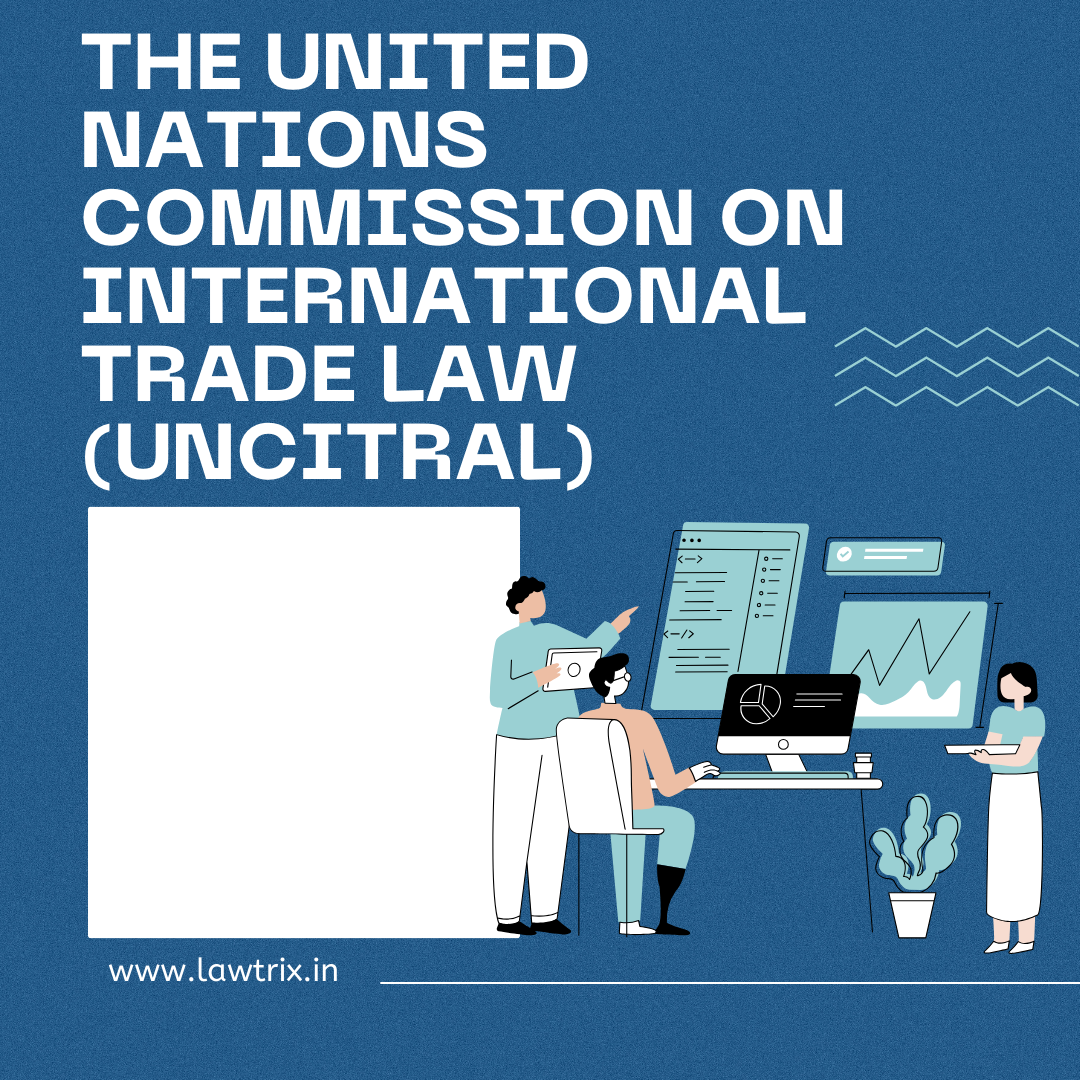


The United Nations Commission on International Trade Law (UNCITRAL) is a subsidiary body of the United Nations General Assembly. Established in 1966, UNCITRAL aims to promote the progressive harmonization and modernization of international trade law by developing and promoting the adoption of legal instruments and model laws that facilitate international trade and investment.
UNCITRAL's official mandate is "to promote the progressive harmonization and unification of international trade law" through conventions, model laws, and other instruments that address key areas of commerce, from dispute resolution to the procurement and sale of goods.
UNCITRAL carries out its work at annual sessions held alternately in New York City and Vienna, where it is headquartered.
UNCITRAL's work covers various aspects of international trade law, including commercial contracts, international commercial arbitration, electronic commerce, insolvency, secured transactions, and procurement. Its main objectives include:
Harmonization: UNCITRAL works to harmonize national laws and practices related to international trade, thereby reducing legal obstacles to cross-border trade and investment.
Modernization: UNCITRAL develops legal frameworks that reflect contemporary business practices and technological advancements, ensuring that international trade law remains relevant and responsive to evolving economic realities.
Facilitation: UNCITRAL's legal instruments and model laws provide practical solutions to common challenges encountered in international trade transactions, thereby facilitating smoother and more efficient cross-border commerce.
Dispute Resolution: UNCITRAL promotes the use of alternative dispute resolution mechanisms, such as arbitration and mediation, to resolve international commercial disputes in a fair and efficient manner.
Capacity Building: UNCITRAL provides technical assistance and capacity-building activities to help countries implement and benefit from its legal instruments and model laws, particularly in developing and transition economies.
UNCITRAL operates
through its plenary sessions, working groups, and various expert meetings,
where government representatives, legal experts, practitioners, and other
stakeholders collaborate to develop and refine international trade law
instruments. Its work has led to the adoption of several widely recognized
legal texts, such as the United Nations Convention on Contracts for the
International Sale of Goods (CISG) and the UNCITRAL Model Law on International
Commercial Arbitration.